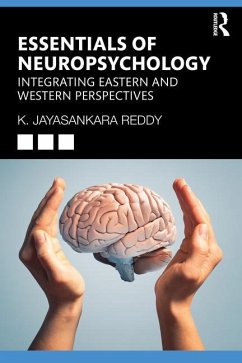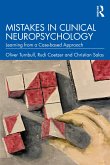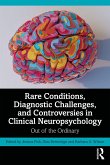This comprehensive textbook offers a holistic integration of both the research and clinical aspects of neuropsychology. Combining Eastern and Western perspectives, it explores latest developments, current scope, and significant challenges in the field to provide a detailed understanding of brain and behavior from research and intervention methods to rehabilitation and applications. Each chapter in the book includes an introduction to the topic, an overview of the latest research in the field, and a discussion of the future directions that research can take.
The book is structured into three parts, each addressing specific aspects of the field. Part 1 introduces the readers to the fundamental principles of neuropsychology, including the available methods of assessment, brain anatomy, and its connection with human psychology. It provides an indepth look at neuropsychological and electrophysiological methods and their applications in clinical practice. Part 2 focuses on the brain and cognition, examining the complex mechanisms that underlie cognitive behavior. The chapters include neuropsychology of various executive functions, memory, and social cognition. Part 3 delves into clinical disorders and their biological basis. This section explores the disorders that have a direct relationship between brain functioning and behavior, offering valuable insights into their diagnosis, treatment, and management.
It is an essential resource for both students in clinical neuropsychology and professionals seeking to expand their knowledge and stay abreast of the latest developments.
The book is structured into three parts, each addressing specific aspects of the field. Part 1 introduces the readers to the fundamental principles of neuropsychology, including the available methods of assessment, brain anatomy, and its connection with human psychology. It provides an indepth look at neuropsychological and electrophysiological methods and their applications in clinical practice. Part 2 focuses on the brain and cognition, examining the complex mechanisms that underlie cognitive behavior. The chapters include neuropsychology of various executive functions, memory, and social cognition. Part 3 delves into clinical disorders and their biological basis. This section explores the disorders that have a direct relationship between brain functioning and behavior, offering valuable insights into their diagnosis, treatment, and management.
It is an essential resource for both students in clinical neuropsychology and professionals seeking to expand their knowledge and stay abreast of the latest developments.








